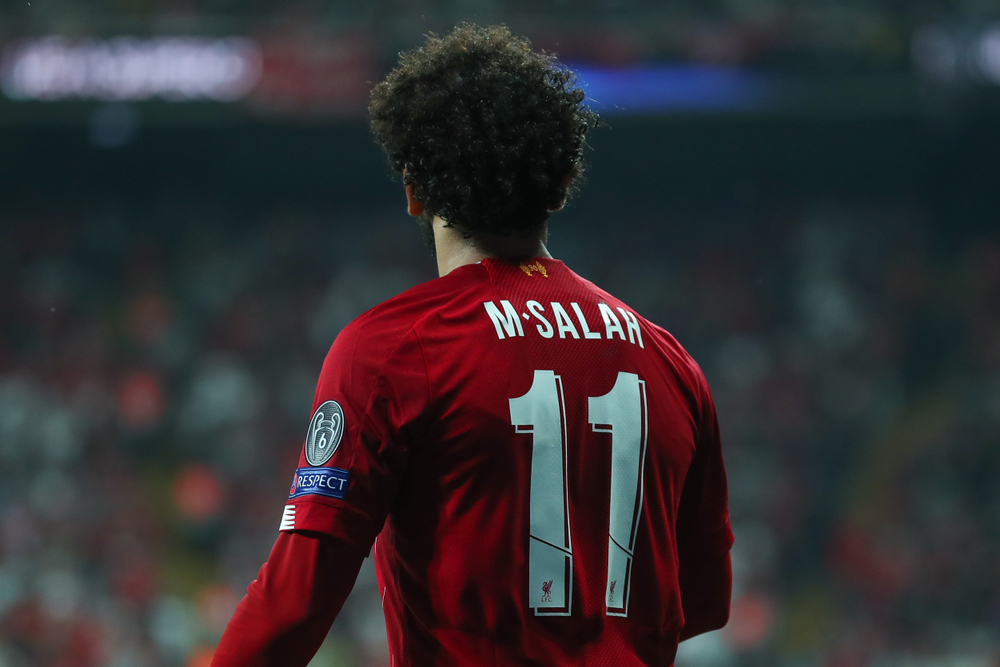How do Elite Athletes Observe Ramadan?
Ramadan is a sacred time of the year for Muslims as it is the month of fasting. This is when those who follow Islam will abstain from eating and drinking between sunrise and sunset – for the average person this can be a challenge, but for a professional athlete? It can be considerably harder.
Elite sportsmen and women typically consume more calories in a day than the average daily recommended amount, which is 2,500 for men and 2,000 for women. This is to maintain their strength which aids their performance during training and competition.
Ramadan and the fast that comes with this time of year doesn’t exactly fit in with an athlete’s training plan, especially if a match or competition takes place during fasting hours. So, how do athletes tread the line between their profession and their faith?
Flexible Training Plans
Some athletes choose to alter their training plans to coincide with the fast to avoid potential feelings of lethargy when exerting themselves. This may mean getting up very early in the morning to train either before or after the pre-dawn meal (known as suhoor) or training at night before bed after the evening meal (known as iftar).
Depending on the sport, time of the year that Ramadan falls and whether the athlete is due to compete during the month, this may or may not be a viable option. Whereas training times can be altered, competition cannot, and athletes will still be expected to honour such commitments. This may mean having to decide whether to compete whilst fasting or missing a day or more of fasting and making it up afterwards.
How Muslims Can Make Up for Missed Days of Fasting
Muslims that miss a day or more of fasting can make up for not observing sawm (the fast) through various different ways. How a Muslim makes up for not fasting depends on the reason why and whether that reason is considered permissible in the eyes of Allah (God).
Those with a permissible reason, such as a medical exemption, are expected to pay what is known as Fidya, which is the value of feeding one person (usually around $5). Alternatively, a Muslim may also make up for missing a day’s fast by fasting at another point in the year.
Those not considered to have a permissible reason, such as simply forgetting to fast and/or simply choosing not to, are expected to pay Kaffarah, the value of feeding six people for each day of fasting missed) or fast for 60 consecutive days. Kaffarah is considerably more expensive than Fidya and missing the entire month of Ramadan would cost $9,000, based on $5 feeding one person per day.
What Sportspeople do During Ramadan
The decision made on how to contend and observe Ramadan comes down to the individual when it comes to elite sport. On the one hand, competing is how an elite sportsperson plies their trade and is therefore considered a necessity. Those who are travelling may be exempt from observing the fast, therefore liable to pay Fidya, and this could potentially be classed as such.
Some sportsmen and women are high earners, with salaries entering the multi-millions, thus meaning that affording the highest possible Kaffarah payment is not an issue that may not necessarily be the case for the average person. Also, depending on the sport, seasons can last for the majority of the year which leaves little room for being able to fast in order to make up for a missed day in Ramadan, therefore meaning that Fidya and Kaffarah payments may be the only practical means of a sportsperson fulfilling their religious duty.
Why Ramadan is Special for Muslims
Ramadan is a hugely sacred time of the year for all Muslims and to fully understand why you need to familiarise yourself with the meaning and history of Ramadan. This is the month that Muslims believe the opening passages of the Qur’an were revealed to the Prophet Muhammad.
As such, Muslims fast during Ramadan to bring themselves closer to Allah by increasing their intent to prayer, display self-obedience by observing the fast (abstaining from food and drink, as well as sexual activity, impure thoughts and negative emotions), and reflecting on all that they have. At the end of Ramadan comes the Eid celebration, which is known as the festival of the breaking of the fast, where friends and families gather together over a feast and exchange pleasantries and gifts.
Sportspeople, as per their strict nutritional needs, may not necessarily join in the feast – at least not to the same extent as others – to remain in prime physical condition, especially during season. Whether or not fasting is possible/recommended, sportsmen will pray more during Ramadan and give to charity, as is traditional in Islamic culture.
